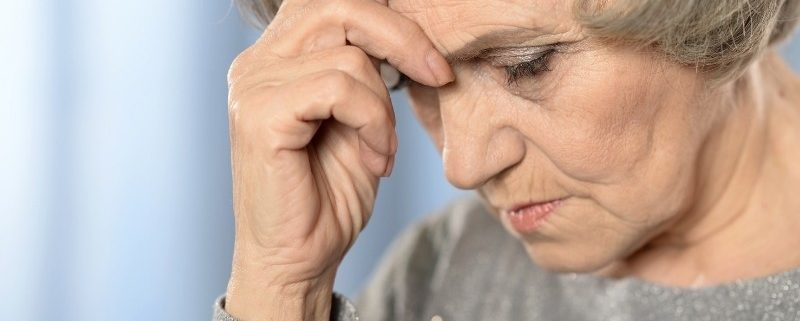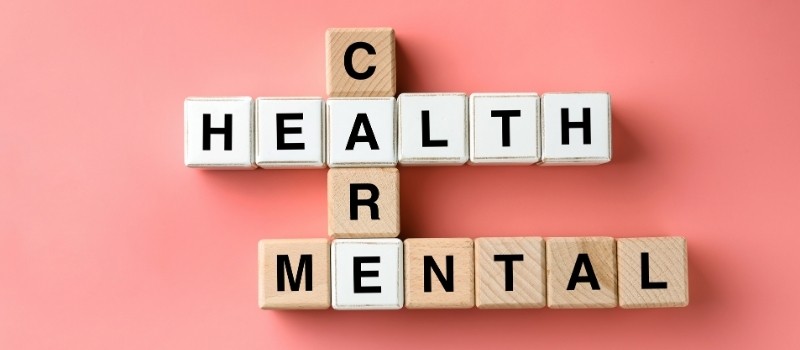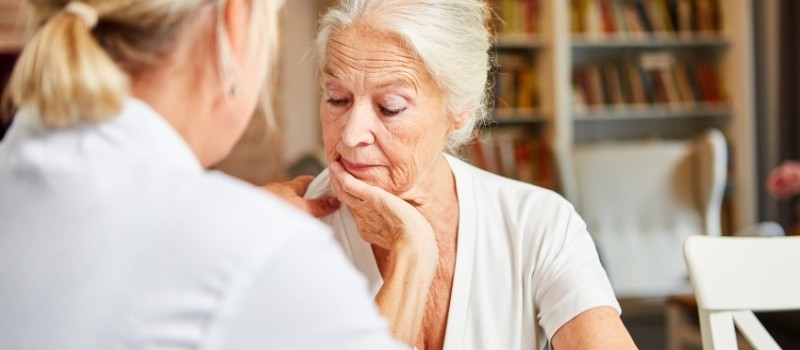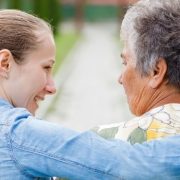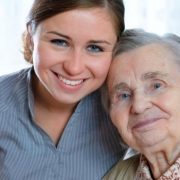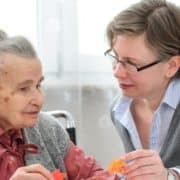Mental health needs of the elderly
Taking care of seniors mental health is as important as regular check-ups with a GP. Stigma surrounding mental illness makes people reluctant to seek help and that can led up to major issues. We need to remember that older people are especially vulnerable to loneliness and social isolation. How to ensure that the comfort of elderly loved one life does not decrease over the years?
What impacts elderly mental health?
Over the years the sensitivity and intensity of feeling emotions increases. Getting old comes with a lot of changes. Approaching retirement often causes stress, which poses a significant threat to your physical and mental health. Deteriorating health, no longer being the hub of their family, losing a loved one, difficulties in carrying out daily activities can worsen the mood and even lead to depression. It is the most common mental disorder for seniors 60 and older. Affecting especially lonely, isolated and dependent people. Fatigue, trouble sleeping, lack of hope for the future and irritability are also common issues affecting elderly mental health.
Changes taking place in the psyche depend on many factors: health conditions, natural changes in the brain, character, physical and mental activity, habits, lifestyle and the attitude toward old age.
Isolation vs elderly mental health
Isolation and loneliness are the seniors worst enemies. When trying to provide mental health support for elderly we have to recognize the issue of social isolation. This age group is particularly vulnerable to lose the important connection with society. Lack of contact with family, difficulties with socializing will lead to anxiety. It’s truth universally acknowledged that stress is not good for us. Scientific research clearly shows the devastating relationship between social isolation and heart disease, dementia, and cancer.
Everyone copes with stress differently. It’s important to know that anxiety can manifest itself in various ways, learn to recognize your elderly loved ones symptoms. This may include feeling short of breath, increased muscle tension, difficulty getting to sleep, vivid dreams, impaired concentration or lack of appetite.
Sometimes we simply are not aware of the mental health needs of the elderly. The American gerontologist Clark Tibbitt has created an helpful classification:
- The need to perform socially useful activities
- The need to use free time in a satisfactory way
- Need to be recognized as part of society, community or a group
- The need for recognition as a human being
- Need to maintain normal social contacts
- The need to create opportunities for self-expression
- The need for access to healthcare system
- The need for an fulfilling lifestyle and maintaining relationships with the family
- The need for adequate mental and psychological stimulation
- The need for spiritual satisfaction.
Mental health care for elderly
How to combat social isolation and provide mental health support for elderly? Firstly, seniors should be encouraged to maintain close and frequent contact with their family and friends. Nowadays the technology allows us to easily be in touch even when we’re thousands of miles apart. You can teach your loved one to use Skype, Whatsapp, Messenger or Zoom.
If you’re still worried about senior mental health care, you can hire a live-in carer. Home carers will provide 24/7 companionship, organize activities and just simply be there for your loved one.
They will help maintain the daily routine. Provide nutritious and balanced meals (while implementing appropriate diet for elderly) and taking care of their physical activity at home. Even in old age you can spend your free time actively and fight depression.

